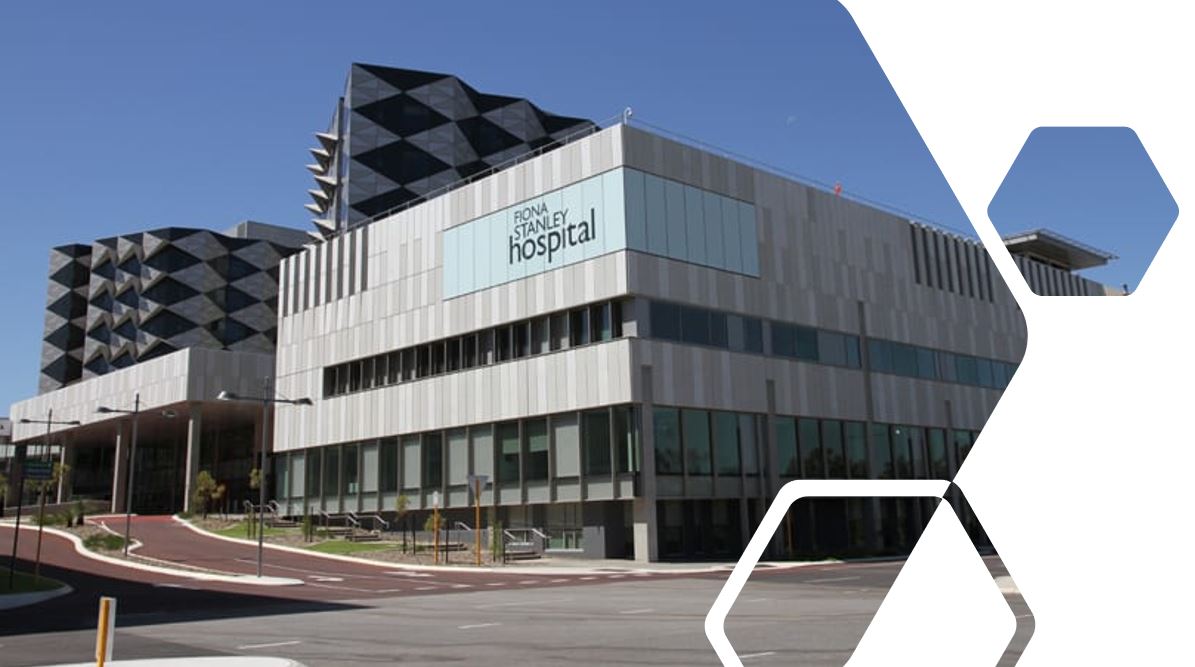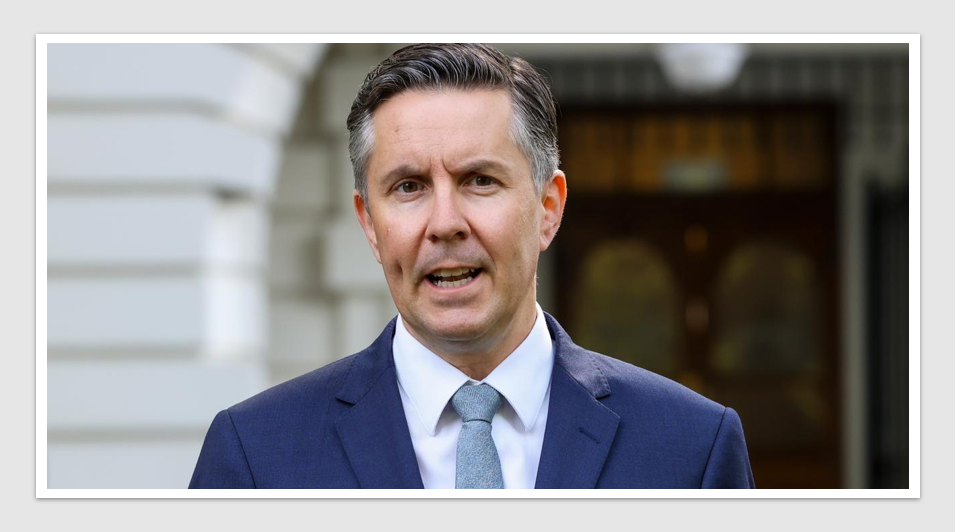News & Trends - MedTech & Diagnostics
State first heart procedure with non-invasive technology most commonly used to combat cancer

MedTech News: A team of cardiologists and radiation oncologists from Fiona Stanley Hospital (FSH) and GenesisCare, have become the first doctors in the state, and the second in Australia, to use radiation therapy to treat a heart disease patient.
The highly precise targeted treatment, stereotactic ablative body radiotherapy (SABR), is most commonly used to treat cancer by delivering a high dose of radiation to kill tumours without exposing surrounding
healthy tissue.
The team of doctors at Fiona Stanley Hospital and GenesisCare in Perth, utilised the SABR technique to treat a patient with a life-threatening arrhythmia known as ventricular tachycardia (VT), which causes improper
electrical activity in the heart that results in a rapid heart rate and cardiac arrest.
The SABR technique allows doctors to target areas of the heart, not accessible with conventional treatment, with highly precise beams of radiation.
Patient Sherralee McMahon is the second person in Australia to access this form of therapy. Prior to the procedure, Ms McMahon suffered from multiple episodes of arrhythmia daily, ICD shocks and hospital admissions. Due to multiple co-morbidities, she was deemed unsuitable for a heart transplant.
The team consisted of cardiologist Dr Ben King, senior physicist Simon Goodall, radiation therapist Anna Ellison, and radiation oncologist Dr Tee Lim. The procedure was carried out in close collaboration with Washington University of St Louis, where the technology was developed.
Fiona Stanley Hospital and GenesisCare cardiologist, Dr Ben King, who specialises in electrophysiology said “Ventricular tachycardia can have a terrible impact on a patient’s quality of life, causing frequent heart
palpitations, breathlessness, chest pain and painful defibrillator electric shocks. In some cases it can also lead to mental health issues.
“If left untreated, VT can be a serious life-threatening condition causing heart failure or cardiac arrest.
“Stereotactic ablative radiation therapy for patients with VT is a relatively new concept and has only been carried out on approximately 80 patients worldwide. SABR offers a viable non-invasive option for patients with cardiac arrhythmias who are too sick for invasive treatments or where other treatment options have been unsuccessful or inapplicable.
“Compared to surgical options, SABR is a completely non-invasive treatment which takes only between 10 and 20 minutes, meaning patients can return home to their loved ones as soon as possible,” said Dr King.
The procedure was carried out at Fiona Stanley Hospital in mid-July and the patient has experienced a promising response to date.
“The patient is recovering well and is actually looking to travel to Broome in the next week for some muchneeded sunshine and family time,” said Dr King.
Fiona Stanley Hospital and GenesisCare radiation oncologist, Dr Tee Lim, said “It was fantastic partnering with our cardiologists to offer stereotactic radiation therapy to Sherralee and I’m looking forward to collaborating on many more of these procedures in the years to come.
“Cancer and heart disease are two of the biggest health burdens facing this country so to find a treatment that is effective for both of these patient populations is absolutely fantastic.”
News & Trends - Biotechnology

AusBiotech appoints new CEO: Former Sanofi corporate affairs and sustainability leader takes the helm
Biotech News: AusBiotech, the nation’s leading industry body for the biotech sector, has named former leader at Sanofi, Rebekah Cassidy, […]
MoreNews & Trends - MedTech & Diagnostics

Federal government invests in Siemens Healthineers scanner to ‘reduce wait times’ for cancer diagnosis
MedTech & Diagnostics News: The Albanese Government is investing $12 million through the 2024–25 Budget, to purchase and install a […]
MoreNews & Trends - MedTech & Diagnostics

Cardiac device benefits face more cuts, while technical services remain secure in the short term
MedTech & Diagnostics News: Starting from July 2024, Cardiac Implantable Electronic Devices (CIED) listed on the Prescribed List (PL) will […]
MoreNews & Trends - Biotechnology

CSL’s world-first gene therapy heads for MSAC evaluation
Biotech News: CSL’s world-first gene therapy for haemophilia B is scheduled for consideration at the upcoming Medical Services Advisory Committee (MSAC) […]
More